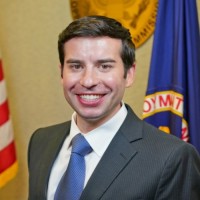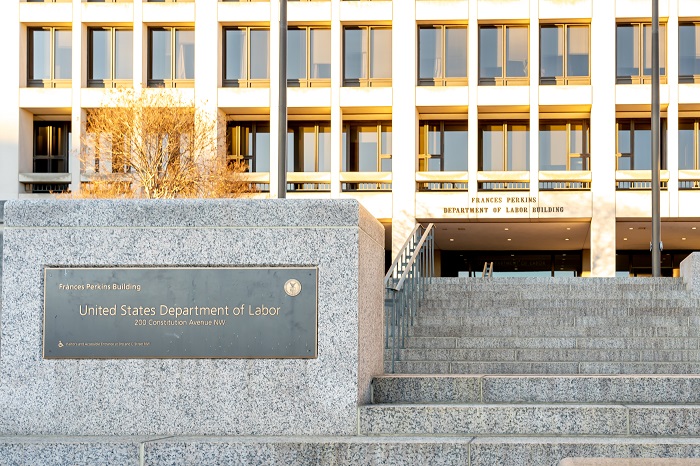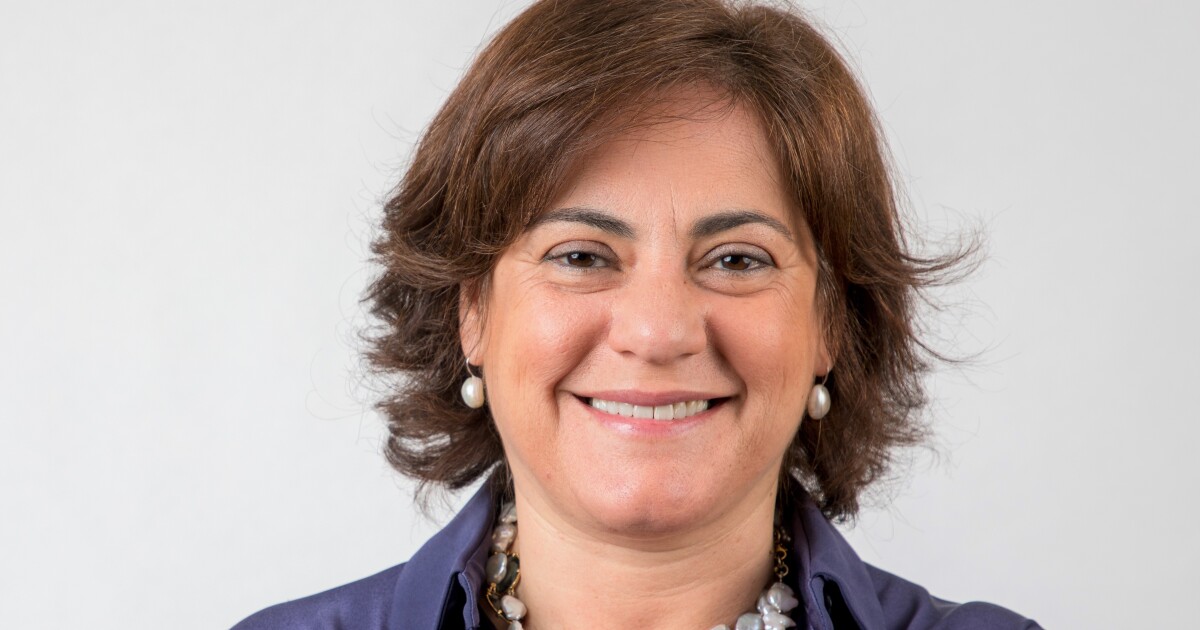The incoming Trump administration has announced two key appointments to the Department of Labor (DOL) leadership team, transitions that will impact workplace regulations and enforcement priorities.
Here’s what HR leaders might expect from the nominees and their likely policy directions. Both must be confirmed by the Senate.
Background and experience
Chavez-DeRemer, a former Republican U.S. Representative from Oregon, served on the House Committee on Education and the Workforce. Her background includes private sector experience as a small business owner and founder of an anesthesia management company and medical clinics, according to her State of Oregon biography.
Key policy positions
Chavez-DeRemer brings a combination of business ownership and support for labor-focused initiatives to the role. Notably, she was one of only three Republicans to vote in favor of the Protecting the Right to Organize (PRO) Act, which defends the right to join a union. This measure generally encounters resistance from business groups, according to David E. Dubberly, a partner in Maynard Nexsen’s labor and employment practice.
Expected policy priorities
If confirmed, Chavez-DeRemer will likely conduct a thorough review of recent DOL regulations, focusing on wage and hour policies, safety and health standards, and independent contractor classification guidelines, according to Dubberly. He writes that she may also consider moderate adjustments to the salary threshold for “white collar” overtime pay exemptions, though these changes are anticipated to be less significant than recent proposals.
Deputy Labor Secretary nominee: Keith Sonderling
Background and experience

Sonderling brings extensive expertise in labor and employment law to the role, with a distinguished background at both the EEOC and DOL. Well-known to HR Executive readers, his deep knowledge of workplace technology and AI implementation has established him as a respected authority in modernizing workplace policies.
Sonderling began his career as a labor attorney in Florida before spending nearly a decade in the private sector. He joined the DOL during the first Trump administration, serving as acting and deputy administrator of the Wage and Hour Division. In 2020, he was appointed an EEOC commissioner with bipartisan Senate support and concluded his tenure there in August 2024.
Sonderling’s federal government experience will help Chavez-DeRemer navigate bureaucratic complexities, according to Bradford J. Kelley and Lorenzo Riboni at labor and employment law firm Littler. They also point out his strong ties to the business community and preference for deregulation as a counterbalance to Chavez-DeRemer’s labor-friendly approach.
Sonderling is anticipated to prioritize expanding DOL compliance assistance, building on his history at the DOL and EEOC, according to Littler. His use of opinion letters, including a widely discussed gig economy letter featured on the front page of The New York Times, highlights his practical approach to workplace policies.
Previous HR Executive coverage and appearances
HR Executive has extensively covered Sonderling’s perspectives and expertise, particularly regarding AI in HR and regulatory changes. Sonderling has also appeared on stage at HR Tech in 2024—at both the U.S. and Europe events—as well as the inaugural HR Executive Strategy Summit.
Read more: HR Executive coverage including Keith Sonderling
His insights have been particularly valuable regarding AI in hiring practices—he has emphasized the technology’s potential to promote workplace fairness when properly implemented. Sonderling has consistently provided practical guidance in navigating EEOC requirements in the context of emerging technologies.
Credit: Source link




![The 9 Building Blocks of a Business’s Organizational Structure [With Diagrams] The 9 Building Blocks of a Business’s Organizational Structure [With Diagrams]](https://www.hubspot.com/hubfs/business-building-blocks-1-20250109-2858404.webp)





